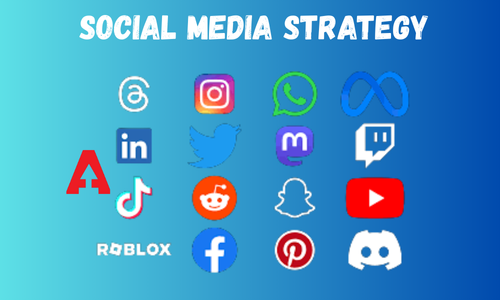Numerous investigations have been adding pieces to the puzzle of the effects that the constant use of social networks has on minors and the implications of being exposed to virtual interactions from childhood.
A new study from the University of North Carolina and published in the journal JAMA Pediatrics performed successive brain scans on high school students ages 12 to 15 in rural US state to assess changes in their behavior. . Thus, he gathered an ethnically diverse set of 169 boys and girls and divided them into groups according to the frequency with which they reported consulting Facebook, Instagram and Snapchat feeds.
The researchers found that children who regularly consulted social networks were more sensitive to approval from their peers. In contrast, those who used them the least followed the opposite trajectory, with a decreasing interest in acceptance.
This conclusion was obtained after conducting three brain scans of each, at approximately one-year intervals, while they played a game that offered rewards and punishments in the form of smiling or frowning partners.
Those who regularly reviewed social media showed a distinct neurodevelopmental trajectory in brain regions comprising cognitive, motivational, and affect-relevance control networks in response to anticipation of social rewards and punishments.
The results showed that “adolescents who grow up using social media more often are becoming hypersensitive to feedback from their peers,” said Eva H. Telzer, an associate professor of psychology and neuroscience at the University of North Carolina and one of the authors of the study.
It should be noted that these findings do not reflect the magnitude of the brain changes, only their trajectory. And it’s not clear, according to the authors, whether the changes are beneficial or harmful. Social sensitivity could be adaptive and show that adolescents are learning to connect with others, or it could lead to social anxiety and depression if their needs are not being met.
Although Telzer acknowledged that they were unable to determine whether social media is changing the brain, “adolescents who regularly consult it show drastic changes in the way they respond, which could have long-term consequences well into adulthood, paving the way for brain development over time.
According to Jeff Hancock, founding director of the Stanford Social Media Lab, this study shows that the way in which social media is used at a given time in life influences brain development. Despite this, he clarified that “we don’t know to what extent, or if it is good or bad” and mentioned that many other variables could have contributed to these changes.
Negative effects of the use of social media in children
Written by
Reynaldo Mena
— January 5, 2023








